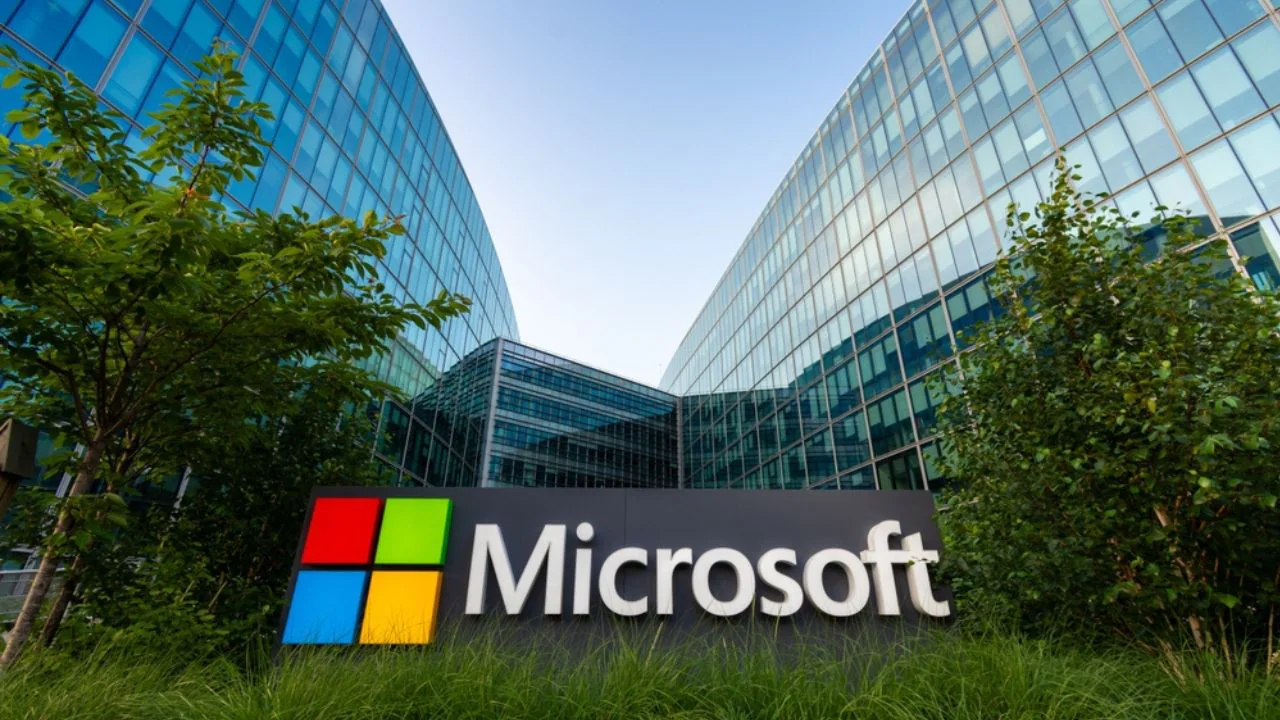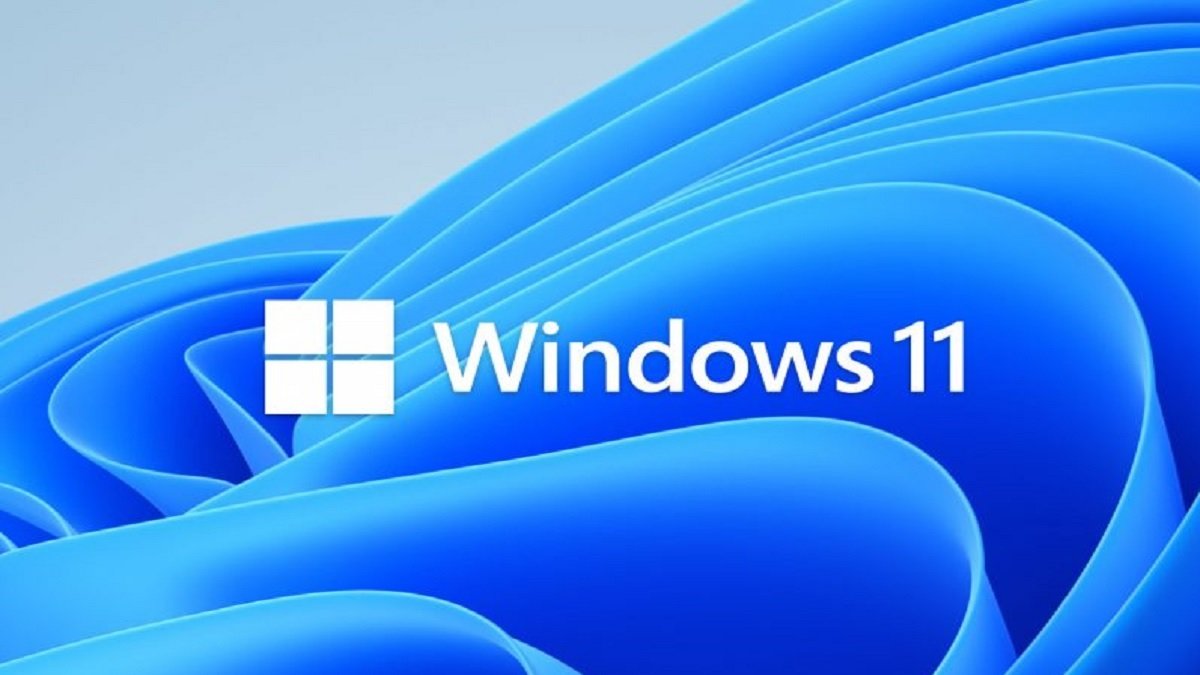The recent $1.5 billion investment by Microsoft in the UAE-based artificial intelligence company G42 has sparked concerns among U.S. lawmakers and prompted discussions about a potential White House probe into the deal’s national security implications. This investigation stems from fears about the safeguarding of sensitive U.S. technologies and the potential for their misuse, particularly by Chinese entities.
Overview of the Deal
The partnership, announced by Microsoft, involves a significant investment in G42, with the broad goal of advancing AI technologies in regions where the U.S. traditionally has less influence, such as the Middle East and Africa. Brad Smith, Microsoft’s president, has been appointed to G42’s board as part of the agreement. The collaboration initially aims to introduce innovative AI solutions in Kenya, potentially expanding to other markets.
Security and Regulation Concerns
Key concerns include the transfer of advanced AI technologies, such as model weights, which are critical for the performance of AI systems. U.S. officials worry these technologies could be used to enhance capabilities in areas like chemical and biological weapons development. The deal stipulates security assurances to both the U.S. and UAE governments; however, there is no direct bilateral agreement controlling the transfer of these technologies. This gap has heightened scrutiny from several U.S. legislators who argue that the current safeguards might be insufficient to prevent the technology from falling into the wrong hands.
Legislative and Regulatory Response
In response to the evolving landscape of AI technology transfers, a bipartisan group of U.S. lawmakers has proposed legislation aimed at strengthening control over AI exports. This would give more explicit authority to U.S. officials to regulate such deals. The Microsoft-G42 partnership has also led to discussions about the need for a new legal framework to govern the international transfer of AI technologies, ensuring they are moved securely and responsibly around the world.
The Path Forward
As the deal progresses, Microsoft has emphasized its commitment to adhere to U.S. regulations and to implement rigorous safeguards to protect its technology. This includes a “know your customer” rule to prevent the use of Microsoft’s technology by Chinese firms for training AI models. The outcomes of these measures, along with the Commerce Department’s stance on the deal, remain pivotal in determining how the partnership will unfold in the future.






























